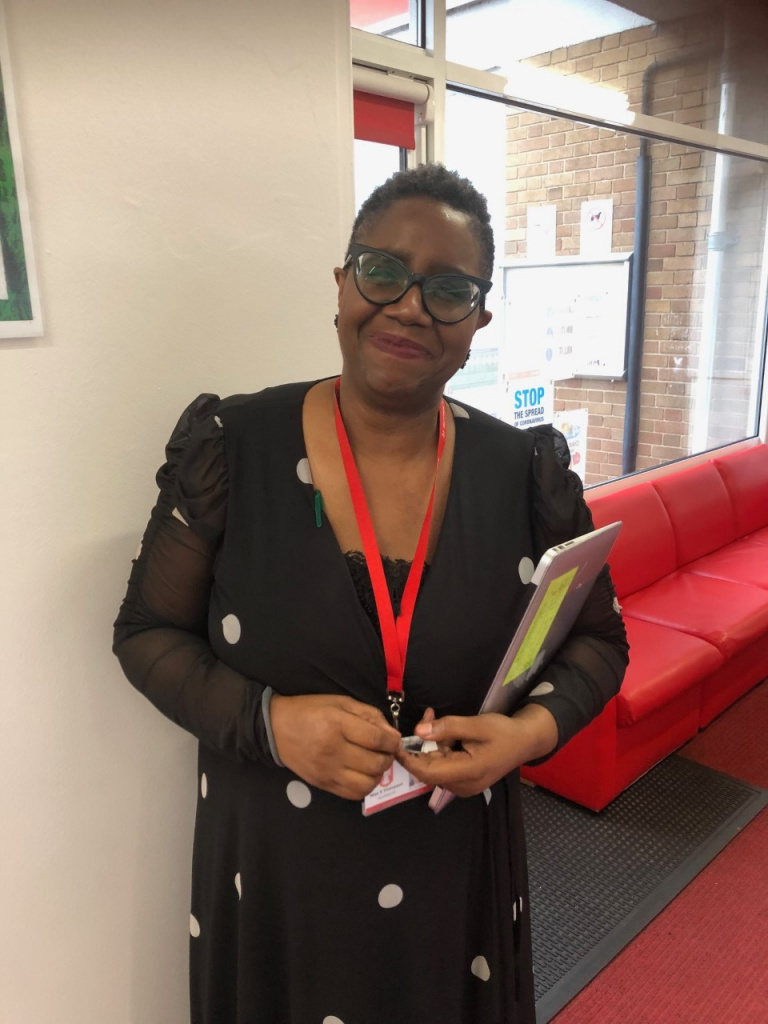
Howard Sharron of TeachingTimes: Can you explain to me what the school does already on poetry and why you are so interested and how you got into it?
Sonia: We are a school that loves reading anyway, we’re very much what we would call ourselves, ‘a reading for pleasure school’, and reading for pleasure, reading for progress and teaching children how to read. We believe in getting children to love books and to read books outside of the teacher telling them to read - its part of what we heavily commit to as a school.
Howard: How do you do that?
Sonia: We make time in school for children to read for pleasure, we invest heavily in really good books and we’ve got a really strong library environment. We have dedicated time able time for reading for pleasure. Of course most schools do the ‘end of day’ read, but for a good eight years we have actually got a rota. For instance, in Key stage 2 we have a week of guided reading – kind of traditional guided reading. And then in a second week we have two days of whole class reading and then three sessions of dedicated ‘reader relax’, so the children record nothing at all, they literally can take their shoes off sit down and talk and have book talk.
The teacher will share recommendations, the children will do peer reviews and it’s just an opportunity really for the teacher to get a sense of the child as a reader, to develop those conversations around particular books and to change preferences if necessary to introduce children to a wider range of authors and expand their reading repertoire. We want to really begin to understand their reading behaviour so that again, the teacher can feed in to that with the books that they have in the classrooms and making sure the library books reflect what the children’s interests are.